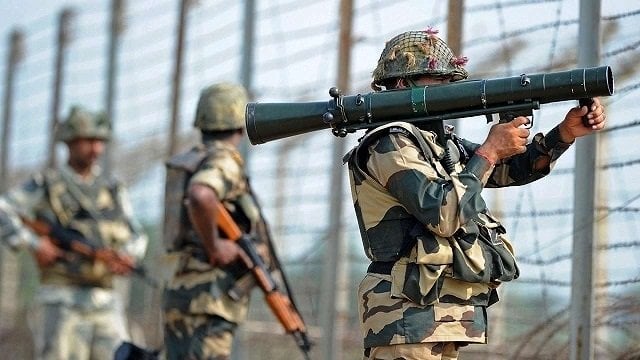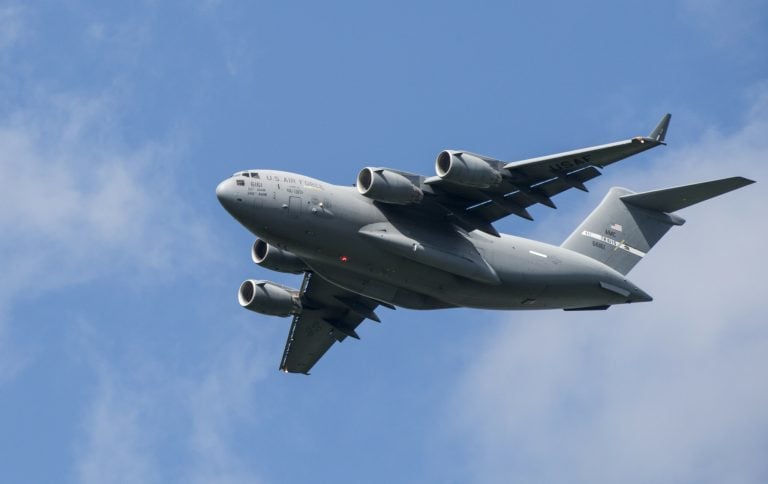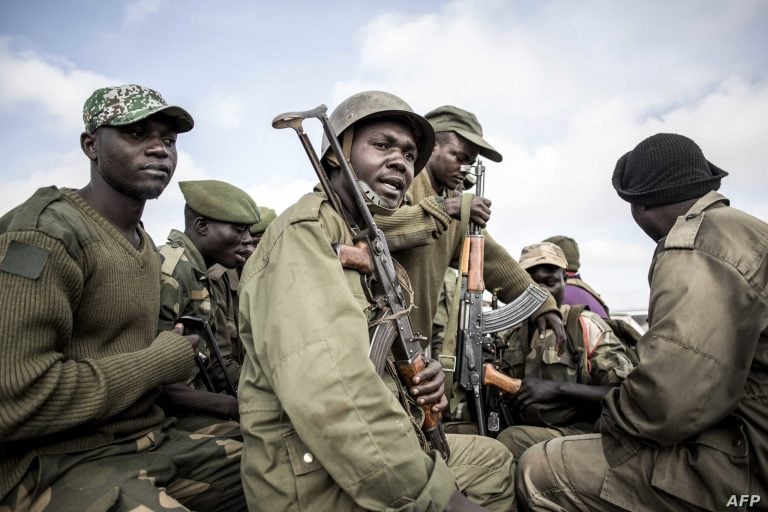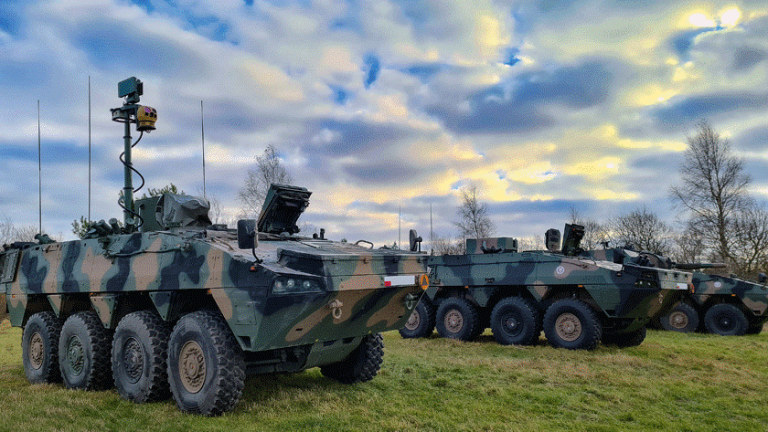On Wednesday, Pakistan announced that it possesses “credible intelligence” indicating that India is planning an imminent military strike, vowing a decisive response should such an action occur. This move comes in the wake of heightened tensions between the two nuclear-armed neighbors, aggravated by a deadly terrorist attack in Pahalgam, Indian-administered Kashmir, which resulted in significant civilian casualties. The attack, attributed to Pakistan by Indian authorities, marks the deadliest incident against civilians in the region in 25 years.
In a closed-door meeting on Tuesday, Indian Prime Minister Narendra Modi reportedly granted the military “complete operational freedom” to respond to the attack—a decision that has raised alarms in Pakistan. The Pakistani government has firmly denied any involvement, with information minister Attaullah Tarar stating early Wednesday that Pakistan is prepared to counter any acts of aggression. However, Foreign Minister Ishaq Dar emphasized that Pakistan would not launch a strike first.
Pakistan’s Prime Minister Shehbaz Sharif later reached out to US Secretary of State Marco Rubio to express concern over India’s escalating and provocative actions. Rubio, in a subsequent statement from the US State Department, reiterated the need to condemn the terrorist strike in Kashmir and encouraged Pakistan to cooperate in investigating the attack. In tandem, he also urged India to engage with Pakistan to de-escalate the growing tensions.
As part of the escalating conflict, New Delhi closed its airspace to Pakistani aircraft on Wednesday, an action that followed Islamabad’s earlier ban on Indian planes from overflying its territory. This tit-for-tat measure reflects the deteriorating relationship between the two nations, particularly over the contested region of Kashmir, where about 15 million people reside. The region has been a longstanding point of contention since the partition of India and Pakistan in 1947.
In response to the hostile environment, residents near the ceasefire line on the Pakistani side are preparing for potential violence by reinforcing their mud-walled underground bunkers. One resident stated that preparations were underway to ensure the safety of their family in the event of an attack.
Simultaneously, both sides reported ongoing exchanges of gunfire across the heavily fortified Line of Control, marking the sixth consecutive night of such incidents. According to a Pakistani security source, two drones were shot down on Tuesday for violating airspace, highlighting the escalating military confrontations in the region.
Amid these tensions, Indian police have issued wanted posters for three suspects linked to the Pahalgam attack, offering a bounty of two million rupees for information leading to their arrest. The individuals identified are believed to be affiliated with the Pakistan-based terrorist organization Lashkar-e-Taiba. In a broader context, the insurgency in Indian-administered Kashmir has persisted since 1989, with rebels seeking either independence or integration with Pakistan.
Indian Prime Minister Modi has vowed to pursue those responsible for the recent attack, pledging to follow them to “the ends of the Earth.” The current situation remains volatile, with ongoing diplomatic disputes, expulsions, and border crossings being shut down as tensions continue to escalate between the two nations.







